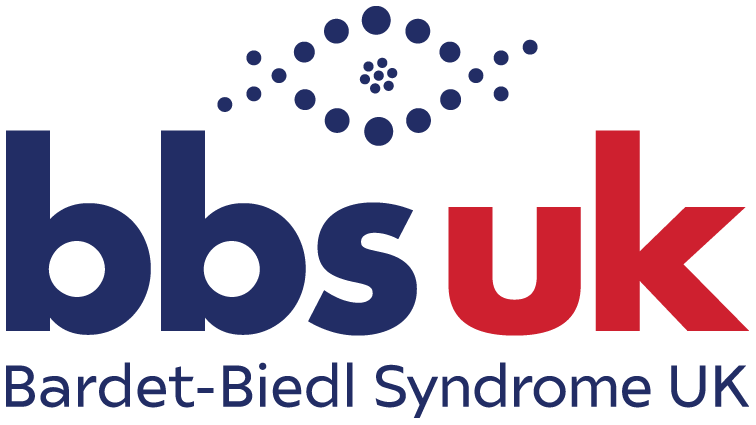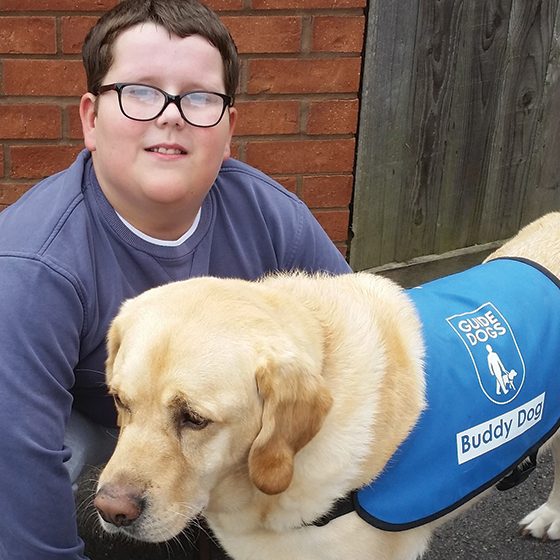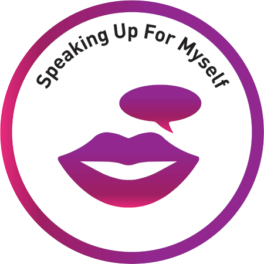Speaking Up For Myself
You may attend lots of medical appointments including a specialist BBS clinic to make sure that you are as healthy as possible. You are entitled to excellent healthcare that is centred on you and that is right for your age and development. It is important that healthcare staff are knowledgeable about BBS, are good listeners and know how to talk to you about your life and future.
As you get older and become more confident, you may want to learn more about BBS and what you can do to stay healthy; it is important for you to be able to speak up for yourself so that your views and opinions can be heard. Learning about your healthcare needs and being able to talk to staff about how you feel is very important, and as you get older, you will be encouraged to ask your own questions at appointments and begin to see different healthcare team members on your own for part of your visit. This is called taking responsibility for your health and this can be hard to do if you are shy or you are not used to doing it. Tell the healthcare team that you are nervous or anxious about the appointment, they will give you lots of encouragement and support to help you to become more knowledgeable about BBS and involve you in decision making about your life.
I don’t have the confidence to speak to a doctor on my own. What should I do?
Below are some questions and answers you may have about speaking up for yourself:
With the help of your parents/carers you can start building your confidence by preparing questions for members of the healthcare team before the appointment. You can write them down on a piece of paper or record them on your phone. The important thing here is that you ask the questions yourself – this is the start of you speaking up for yourself.
Do I have to go in to see the doctor on my own straight away?
You don’t have to, but it is important to know that you can see the doctor on your own when you are ready. Remember that it is a gradual process and you shouldn’t feel rushed. At first, the doctor will ask you some questions which may be about you, your school, what you want to do when you leave school and generally how you are feeling.
Will my parents/carers still be able to see the doctor if I go in on my own?
Yes, your parents/carers will have the opportunity to talk to your doctor with you which might be at the beginning or end of your appointment. It might be that they start off with you and then leave while you talk to the doctor on your own, or you may start the appointment with the doctor on your own and your parents/carers join you at the end. It’s your appointment and once you have built up your confidence you can run your appointments the way you want to.
What if I want to ask the doctor something I want to keep private from my parents/carers?
Whatever you say to the doctor or any member of healthcare staff is strictly confidential and will not be passed on to your parents/carers without your permission unless you and/or other people are at risk of harm. If this is the case, the member of the team will discuss with you what parts of the information might need to be shared, who with, why it might be shared and how. This is to keep you as safe as possible.
Top tips when speaking to your healthcare team:
- Prepare a list of questions in advance
- Ask your doctors to use more simple language if you don’t understand what they have said
- Learn more about Bardet-Biedl Syndrome so you can talk about how to manage it


